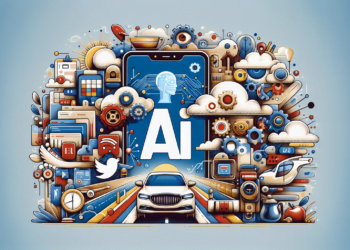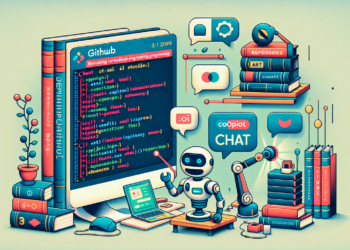DeepMind Technologies Limited, a British subsidiary of Alphabet Inc., has established itself as a pioneer and leader in the field of artificial intelligence (AI). Founded in 2010 by Demis Hassabis, Shane Legg, and Mustafa Suleyman, DeepMind has positioned itself at the forefront of AI research thanks to its focus on deep learning, abstract reasoning, and proficiency in strategy games.
The most substantial impact of DeepMind is embodied by AlphaGo, the AI computer program that stunned the world by defeating Lee Sedol, the world champion Go player, in 2016. The significance of this achievement lies in the intrinsic complexity of the game of Go, which, with its vast scope of possibilities, presents a monumental challenge to the processing ability and strategic decision-making capacity of AI.
Deep and Generalized Learning
DeepMind focuses its efforts on the development of deep learning and reinforcement learning algorithms, refining systems that can autonomously learn from large volumes of data. DeepMind’s AI is distinguished by its ability to self-improve through direct experience and feedback from the environment, mirroring the human learning process.
In their landmark work with AlphaGo, and subsequently with AlphaZero, DeepMind employed convolutional neural networks in conjunction with reinforcement learning algorithms. AlphaZero, in particular, demonstrated the ability to achieve an expert level in games such as chess and shogi, as well as Go, starting from initially no knowledge, solely through self-taught learning.
Innovations in Natural Language Processing
DeepMind has also ventured into natural language processing (NLP) with GPT (Generative Pretrained Transformers) and BERT (Bidirectional Encoder Representations from Transformers). These innovative architectures of transformer neural networks facilitate a more nuanced and contextual understanding of human language, optimizing the ability of artificial intelligence to understand and generate text in a coherent and relevant manner.
Practical Applications: Healthcare and Beyond
DeepMind Health, a division dedicated to the healthcare sector, is another area where the company has achieved significant accomplishments. By applying its AI systems to the interpretation of medical images, DeepMind has contributed to the early diagnosis of diseases such as diabetic retinopathy and breast cancer, often outperforming human specialists.
Ethical and Privacy Challenges
The rapid advance of DeepMind’s AI has brought with it inevitable ethical and privacy concerns. The ability to process and analyze vast amounts of data entails great responsibility, raising questions about data security and automated decision-making. DeepMind has established an AI Ethics and Society Unit to systematically address these critical aspects.
Future: Ongoing Innovation
Looking to the future, DeepMind continues to explore the boundaries of machine learning and generalized AI. Cementing its leadership in international competition, DeepMind’s projects now extend to broader challenges such as the optimization of energy consumption in data centers, improvements in the accuracy of weather predictions, and solving complex problems of structural biology with AlphaFold.
Conclusion
In conclusion, DeepMind represents a microcosm of the revolution that AI is bringing to multiple domains of knowledge and human activity. With its cutting-edge research in AI and its application to real-world problems, DeepMind is not only redefining the boundaries of what machines can do but also driving a future where artificial intelligence is integrated more effectively and ethically into society.






















